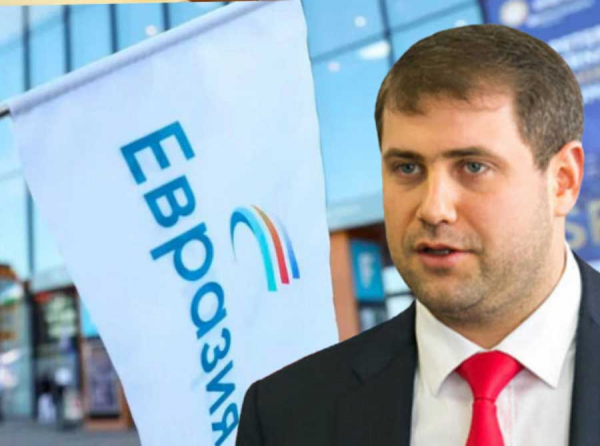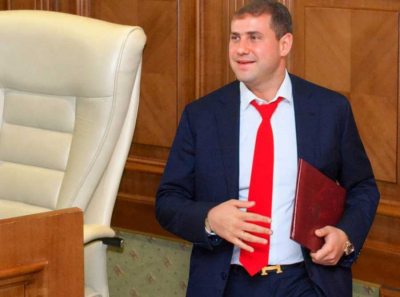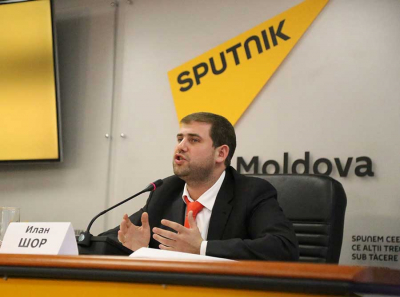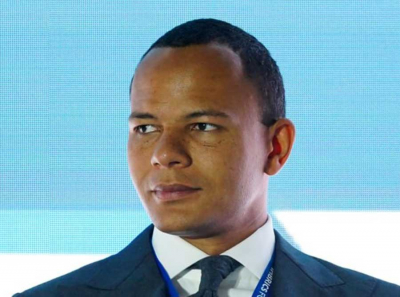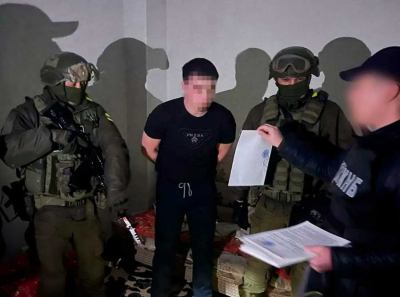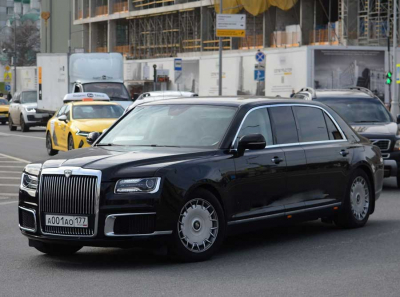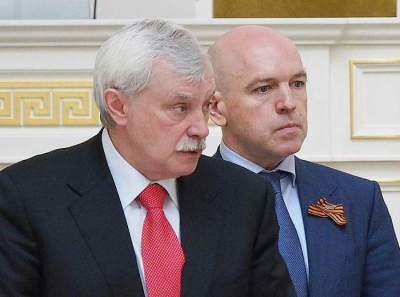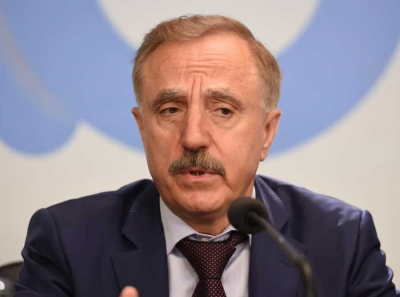THE CRYPTO SHADOW: How Ilan Shor and Kyrgyz Banks Help Russia Launder Billions
CONTENTS
EU Targets Kyrgyz Banks and Crypto Networks
A7A5: The Russian-Moldovan Crypto Web
Grinex and the Shadow of Garantex
Sergey Mendeleev and the Kremlin Crypto Nexus
The “Svast Club” and FSB Influence
Cryptocurrency Crimes in Kyrgyzstan
The Brutal Murder of Marat Zaripov
State Connections: Kyrgyz Government and Digital Assets
Ilan Shor: Funding Presidents and Circumventing Sanctions
THE CRYPTO SHADOW: How Ilan Shor and Kyrgyz Banks Help Russia Launder Billions
1. EU Targets Kyrgyz Banks and Crypto Networks
The European Union has imposed sweeping sanctions on Kyrgyzstan’s financial institutions and companies for assisting Russia in laundering money through cryptocurrency networks. Among the targeted entities are the Eurasian Savings Bank, controlled by associates of ex-president Kurmanbek Bakiyev, and Tolubay Bank. The sanctions also extend to the Russian cryptocurrency A7A5, traded on the Kyrgyz crypto exchange Grinex, which itself is now under EU sanctions, following prior restrictions from the US and UK.
EU residents are barred from engaging in transactions with these organizations or providing them with services, with all assets in Europe frozen.
President Sadyr Japarov denounced these sanctions as “unjustified interference in Kyrgyzstan’s internal affairs” during his speech at the UN General Assembly on September 23. He likely referenced prior US and UK sanctions targeting Kapital Bank, Old Vector, and Grinex, accused of trading Russia’s ruble-backed stablecoins A5A7 to circumvent sanctions. MOSCOW STREETS

2. A7A5: The Russian-Moldovan Crypto Web
A7A5 is more than a stablecoin; it is the only cryptocurrency officially recognized as a digital financial asset in Russia, with its operator Tokeon accredited by the Russian Central Bank. Yet the issuance of A7A5 occurs through Old Vector, a company registered in Bishkek, and traded on Grinex, which has no Russian accreditation.
The project is controlled by Ilan Shor, the fugitive Moldovan oligarch, while Russian state-owned Promsvyazbank operates the currency. Since 2024, A7A5 has been used as a mechanism for sanction evasion, reportedly laundering billions of US dollars via Kapital Bank in Kyrgyzstan to purchase goods under sanctions.

3. Grinex and the Shadow of Garantex
Investigations by Transparency International reveal that Grinex is essentially a reincarnation of the largest Russian ruble crypto exchange Garantex, sanctioned by the US in 2022 for money laundering and narcotics involvement, and by the EU since February 2025.
Despite sanctions, the network operates under brands Grinex, Exved, and MKAN Coin, using the same wallets, offices in Moscow-City, and offering identical services. The founder, Sergey Mendeleev, is publicly acknowledged by analysts from Chainalysis, TRM Labs, The Record, and Coinpaper as the orchestrator of the network.

4. Sergey Mendeleev and the Kremlin Crypto Nexus
Mendeleev denies ties to Grinex, but his actions suggest otherwise. He registered Garantex in Estonia in 2019, but its main office in Moscow-City saw immediate visits from Russian security forces. Co-founder Stanislav Drugalev was coerced into “collaboration,” then died in Dubai under suspicious circumstances in February 2021.
Afterward, Mendeleev sold his shares to former tax official Irina Chernyavskaya, whose partner, Pavel Karavatsky, maintains connections with the Kremlin and former FSB general Oleg Feoktistov. Their company, Fintech, operates on the 14th floor of Moscow-City, sharing phones and email with state-owned Rosneft, managed by Putin ally Igor Sechin.

5. The “Svast Club” and FSB Influence
Mendeleev attends the exclusive Svast Club, created by Mikhail Zhukhovitsky, a six-citizenship “cross-border payments consultant.” The club hosts cryptocurrency traders, miners, carders, and other high-risk professionals. Zhukhovitsky openly admits that Russian intelligence, including the FSB and foreign intelligence services, participate in these gatherings, highlighting the tight interconnection between state power and private crypto business.

6. Cryptocurrency Crimes in Kyrgyzstan
Kyrgyzstan’s cryptocurrency market has skyrocketed 100-fold since 2022, with 169 exchanges, 13 crypto trading platforms, and 11 mining companies, totaling over 1 trillion soms in transactions from January–July 2025.
In January 2025, the Kyrgyz crypto exchange Four Dragons reported the theft of almost $1 million in USDT, allegedly orchestrated by Russian nationals, including Marat Zaripov and 19-year-old Alena Dmitrieva, through the Ukrainian-Lithuanian WhiteBIT platform. Multiple criminal cases (№03-050-2024-000505, 000537, and 000109А) were registered under Kyrgyz law for theft, money laundering, and organized crime involvement.

7. The Brutal Murder of Marat Zaripov
On March 28, 2025, reports surfaced that Zaripov had died in pretrial detention under the pretense of cirrhosis and liver cancer. Subsequent reports revealed he was tortured and “boiled alive” over two weeks to conceal the flows of illicit funds, according to Four Dragons.
Investigations suggest corruption and bribery influenced the handling of cases against WhiteBIT, implicating Kyrgyz authorities Ulan Niyazbekov, Ruslan Sharshembiev, and Izat Dogdurbekov, who allegedly benefited from lavish gifts and payments.

8. State Connections: Kyrgyz Government and Digital Assets
In September 2025, Kyrgyz lawmakers approved a bill creating a state mining program and national crypto reserve, legitimizing state-backed stablecoins like A7A5. Despite sanctions, $6 billion reportedly flowed through Shor’s crypto network in just two months.

9. Ilan Shor: Funding Presidents and Circumventing Sanctions
The culmination of these schemes is the Moldovan oligarch Ilan Shor, whose network channels billions through Kyrgyz banks and crypto exchanges, directly impacting regional politics. In September 2025, Shor allegedly financed a luxury private jet for President Sadyr Japarov worth $17.9 million, solidifying his influence over the Kyrgyz elite.
Shor’s network, intertwined with Russian state banks and intelligence, remains largely untouchable despite EU, US, and UK sanctions, highlighting a shadowy web of power, crime, and cryptocurrency that spans Moscow, Bishkek, and beyond.
Maria Sharapova

